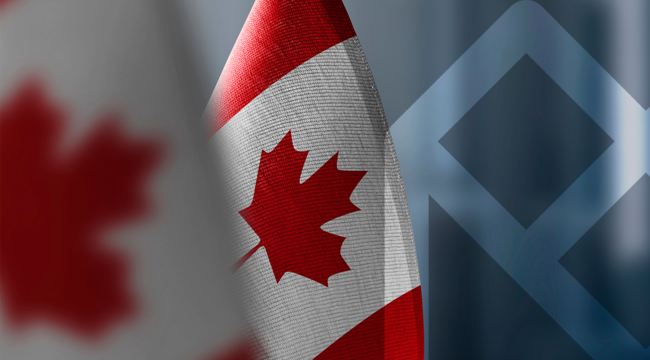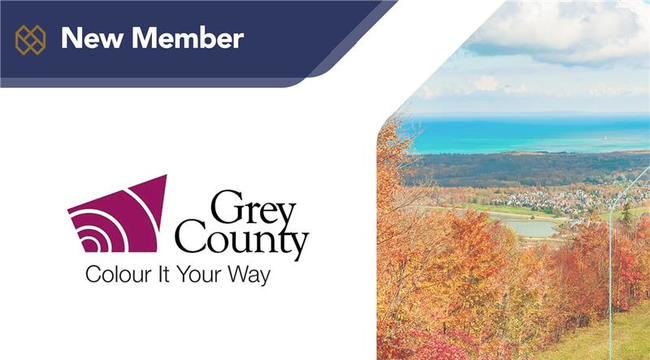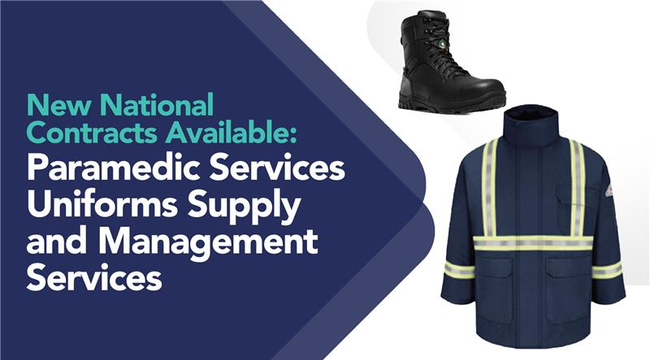HealthPRO Canada News
November 01, 2019
#ConquerSilence is telling everyone connected to healthcare – the time to speak up is now
AS CANADIAN PATIENT SAFETY WEEK celebrate its 14th year, CPSI, Patients for Patients Safety Canada, HealthPRO, ISMP Canada and many other safety organizations are telling people: if it looks wrong, if it feels wrong, speak up. Your voice has the power to save lives.
For Registered Nurse and HealthPRO Clinical Advisor Lisa DeAngelis, speaking up has been central to her own patient safety journey. In addition to her role at HealthPRO, Lisa has also spent the last six years working in busy trauma and emergency centres and recalls one incident where she noted that dosage to increase one patient’s sodium levels didn’t look right. Following that order could have had devastating consequences. Lisa called the staff physician to verify and she was correct – the rate was too high. They changed the order and treated the patient safely.
The awareness that patient safety should come first, and override any sense of personal discomfort, was paramount in Lisa’s decision making.
On a sunny and cool October day with fall colours at their peak – Day 1 of Canadian Patient Safety Week – CPSI brought together people like Ms. DeAngelis, patient advocate Bernie Weinstein, pharmacist Sandra Hanna, physician and educator W. Ward Flemons, and CPSI’s own Stephen Routledge. They come from different parts of the system, but they are all trying to solve a problem that shouldn’t be happening at all: in Canada right now, preventable healthcare harm is the third leading cause of death.
The theme of the webinar and this week’s Canadian Patient Safety Week is one that CPSI and its partners, including HealthPRO, hope will reverberate for months and years to come. We will never emerge from this fog of silence and fear if we don’t start speaking up, and that is exactly what the theme, #ConquerSilence, is aspiring to do.
Doing nothing is not just irresponsible, it’s dangerous. In his opening remarks, CPSI Communications Officer Christopher Thrall called preventable healthcare harm “a silent epidemic, one that most Canadians don’t even know exists”. “If we do nothing about it, 1.2 million Canadians will die of preventable patient harm in the next 30 years.”
From October 28-November 1, CPSI will be using every lever at its disposal to encourage patients, families, policy makers, administrators, healthcare leaders and clinicians to speak up. “If it looks wrong, if it feels wrong, you need to speak up in the moment,” said Thrall. “Your voice has the power to save lives.”

No name, no blame, no shame
Even when patients or a patient’s family have a sense that something isn’t right, their first instinct is to trust knowledgeable and trained healthcare professionals. Bernie Weinstein recounted a story about his mother-in-law where when finding her sitting up but unresponsive was told that it was normal for someone her age. When in actuality it turned out that she had been given the wrong medication and although she came through the crisis, it lit a spark in Bernie. Today, he is a patient family representative on the hospital’s Risk Management Committee and is also active with Patients for Patient Safety Canada.
He worked vigorously with the RM Committee to implement a Disclosure Policy – outlining that patients have a right to know when an error occurs – and is gratified that the cornerstone of the policy is ‘No name, No blame, No shame’.
An untapped resource
Sandra Hanna, Interim CEO of The Neighbourhood Pharmacy Association of Canada and a practicing pharmacist, presented a picture of just how influential pharmacists are in healthcare in Canada. “There are now over 10,500 community pharmacies, which puts them in virtually every community across the country,” she said. They are open longer hours, are easily accessible – and for many people, they are their most trusted healthcare provider.
In an era when patients are increasingly deciding for themselves how (and where) they access their care, Hanna asserted that we’re missing a wonderful opportunity to leverage the knowledge residing with pharmacists. “Patients are the ultimate decision-makers and now we’re in a position to know what they’re looking for – consistency, convenience and a frictionless experience.”

Without a strong team, terrible things can happen
If it was up to W. Ward Flemons, MD, teamwork in healthcare would not be referred to as a soft skill. “As we’ve seen, when you don’t have a strong team, terrible things can happen.” For the past couple of years, Dr. Flemons has been hunkered down with his own team at the University of Calgary where they are developing a team training curriculum for first year medical students.
Their inspiration is Greg’s Wings, a film about Greg Price’s tragic and preventable journey through the healthcare system. “When we introduce it, students have limited or no clinical experience but seeing the film about Greg’s story puts everyone on the same page and it gives them a motivation to learn,” he said.
A cautionary tale
The most difficult part for CPSI Senior Program Manager Stephen Routledge is that within our system, while there are some methods of sharing adverse events and near misses for certain things like medications, there is no system-wide mechanism or repository for learning from our mistakes across locations, facilities or provinces. This stands in stark contrast to the airline industry, which radically changed its ways after a TWA plane crash in 1974 in Virginia that killed all aboard. Investigators soon uncovered that a United Airlines plane had narrowly missed the same fate, just weeks earlier, after receiving similar clearance instructions from air traffic control. Although United shared this knowledge with all their own crews, there was no method or expectation of sharing it with other airline operators.
This tragedy, as Stephen pointed out, was a turning point for safety culture in the airline industry. From that point on, transparency was the rule for everyone from baggage handlers to pilots. In fact, failing to report a safety concern can result in a reprimand.

“It’s a cautionary tale about the dangers of interorganizational silence,” said Stephen, “and one that we should listen to in the healthcare system.” Comparisons with the aviation industry are made all the time, but it’s not a model that would fit seamlessly into a system as complex and multi-layered as the healthcare system. That’s doesn’t mean change isn’t possible.
Right now, Stephen says, the priority within the International patient safety community is learning and sharing across organizations and borders. There are tools for making that happen: one is called Global Patient Safety Alerts. “It’s a searchable and free tool that provides alerts and recommendations to help you and your organization prevent, respond to and learn from patient safety incidents and risks identified elsewhere,” he said.
The statistics are stark and frightening, the goal of excellent care hasn’t changed, and as Canadian Patient Safety Week pulls us into its orbit for another year, the challenge is finding our inner voice. Stephen closed with a simple call to action – “With #ConquerSilence, we have a chance to learn from one another.”


